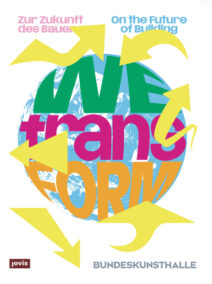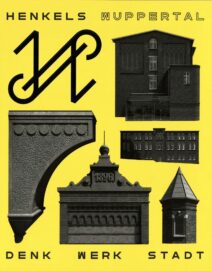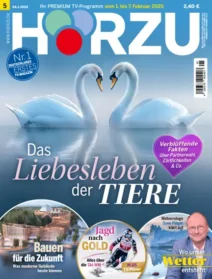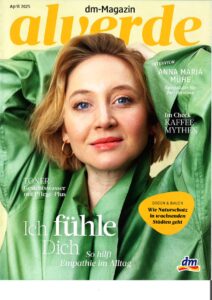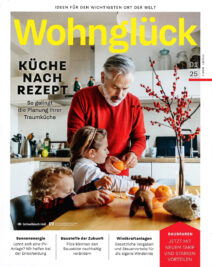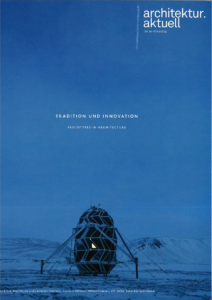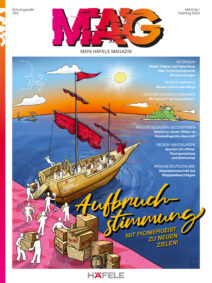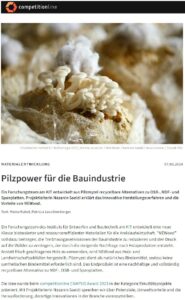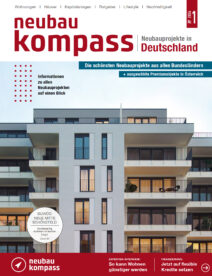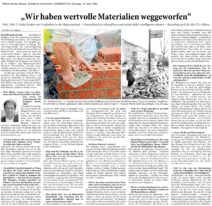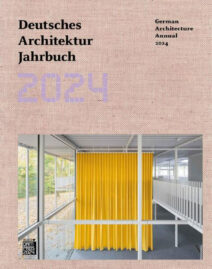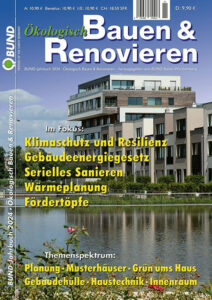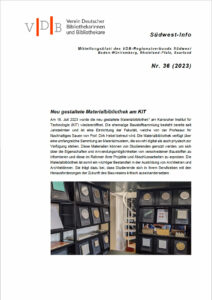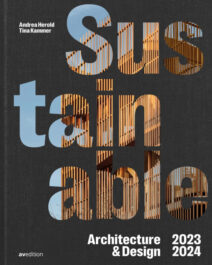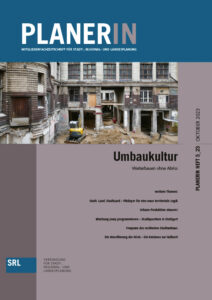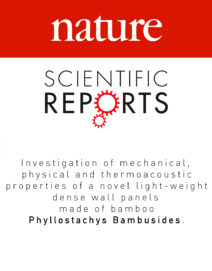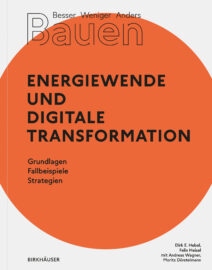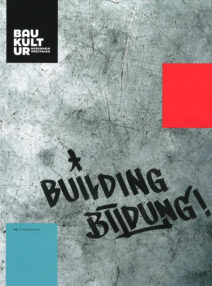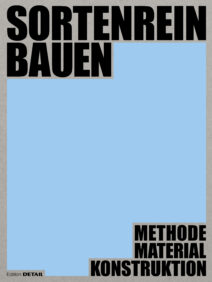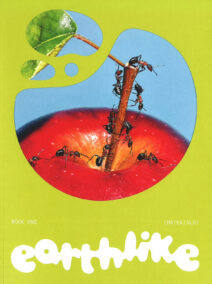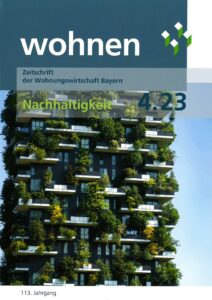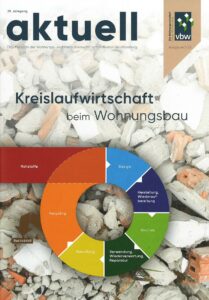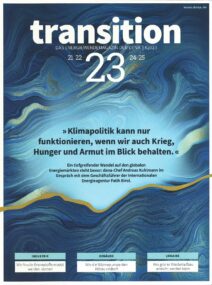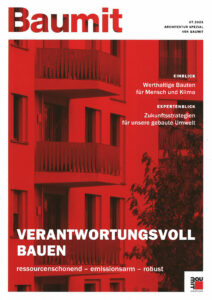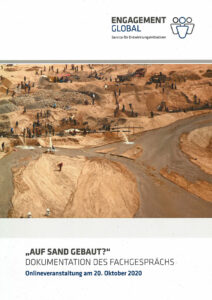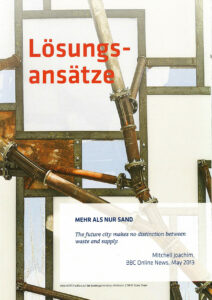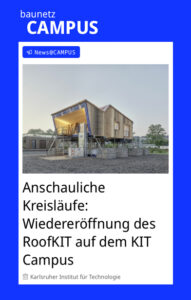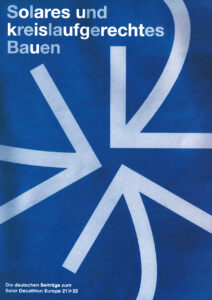Engineering Bamboo
Public Lunch-Talk by Alireza Javadian at the FCL Future Cities Laboratory Singapore on 1st November 2012. Bamboo has been used as a construction material for centuries around the globe. The benefits of using bamboo are enormous: its fast growth, high tensile strength, and the capacity to capture large amounts of carbon dioxide from the atmosphere are just some of the most remarkable properties it has to offer. For decades, researchers around the world have searched for methods to activate those benefits for use within the building sector and transform bamboo from a locally applied organic material into an industrialized product. However, water absorption, swelling and shrinking behavior, durability, fungi attacks as well as chemical decomposition of bamboo have limited most of the applications so far. This research demonstrates that new bamboo composite materials, developed with Woven Strand Bamboo (WSB) technology, have the possibility to overcome most of these limitations and open new application fields within the building sector, especially in the concrete industry. The research conducted under the Professorship of Dirk E. Hebel at the Future Cities Laboratory in Singapore entails investigating the potential to replace steel reinforcements in structural concrete applications.
